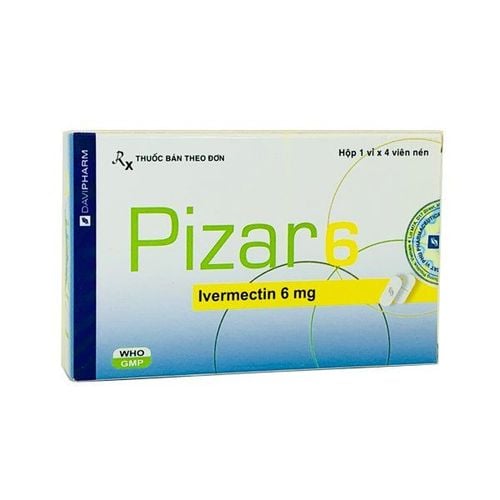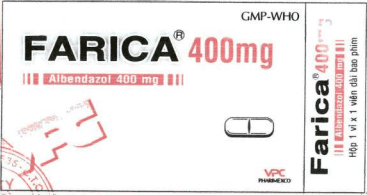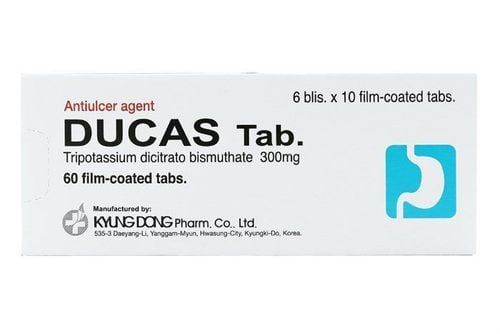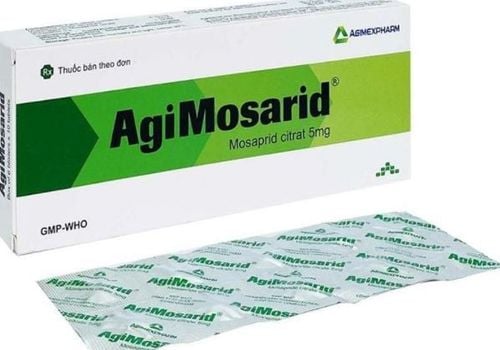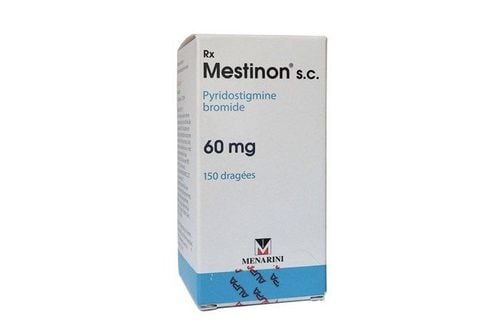This is an automatically translated article.
The article was professionally consulted by Doctor Department of Gastroenterology - Endoscopy, Department of Medical Examination & Internal Medicine - Vinmec Central Park International General Hospital.
Helminth infection is one of the common parasitic infections, often occurring in developing countries, especially in susceptible subjects such as preschool children, primary school students and women in their age. reproductive age. The main types of intestinal worms encountered in humans include roundworms, hookworms, whipworms and pinworms.
1. Causes of worm infections
People are usually infected by eating worm eggs from contaminated food, raw vegetables, drinking water and improper hand hygiene or not keeping their hands clean. Helminth infections often cause a number of manifestations such as anorexia, diarrhea, abdominal distension, malnutrition, gastrointestinal bleeding, intestinal inflammation.
In some cases, the worms can cause obstruction, obstructing circulation in the intestinal lumen (intestinal obstruction) which, if left untreated, can lead to serious consequences such as death.

2. Reasonable frequency of deworming
The WHO recommends deworming as an important preventive measure, especially in high-risk subjects, in addition to measures of environmental hygiene, food safety and personal hygiene.
Applicable subjects: all ages from 12 months old and older
Contraindication of deworming:
People suffering from acute diseases, fever > 38.5° C Have a history of allergy to the drug's ingredients Deworming Pregnant women in the first 3 months, women who are breastfeeding and children under 12 months of age. Deworming frequency according to WHO recommendations Children:
Recommended deworming once/year or twice/year for all children aged 12-23 months; pre-school children from 1-4 years old; school children aged 5-12 years (possibly up to 14 years old) in areas where the prevalence of helminth infections in children is greater than 20%. Twice a year frequency is recommended for areas where the prevalence of helminth infections in children is greater than 50% The dose for children under 24 months of age is Albendazole 200mg/time The recommended dose for other subjects is Albendazole (Zentel) 400mg/time and Mebendazole (Fugacar) 500mg/time Non-pregnant young women and women of childbearing age
Recommended deworming once/year or twice/year for all female adolescents pregnant women and women of childbearing age in areas where the prevalence of helminth infections in this group is greater than 20%. A frequency of twice a year is recommended for areas with a prevalence of helminthiasis in young women who are not pregnant and women of childbearing age greater than 50%. The recommended dose is Albendazole 400mg/time and Mebendazole 500mg/time. times Pregnant women
Single dose deworming is recommended for pregnant women after the first trimester of pregnancy in areas where the prevalence of helminths or T.trichiura (hairworms) is greater than 20% or in areas with high prevalence anemia in pregnant women greater than 20% The recommended dose is a single dose of Albendazole 400mg and Mebedazole 500mg

Please dial HOTLINE for more information or register for an appointment HERE. Download MyVinmec app to make appointments faster and to manage your bookings easily.




